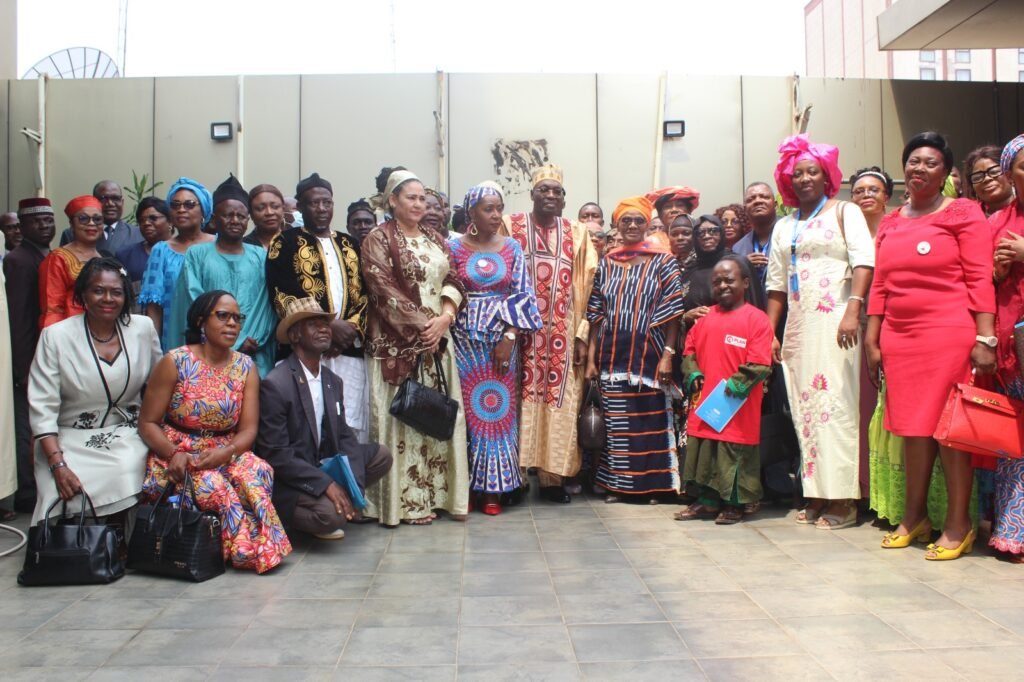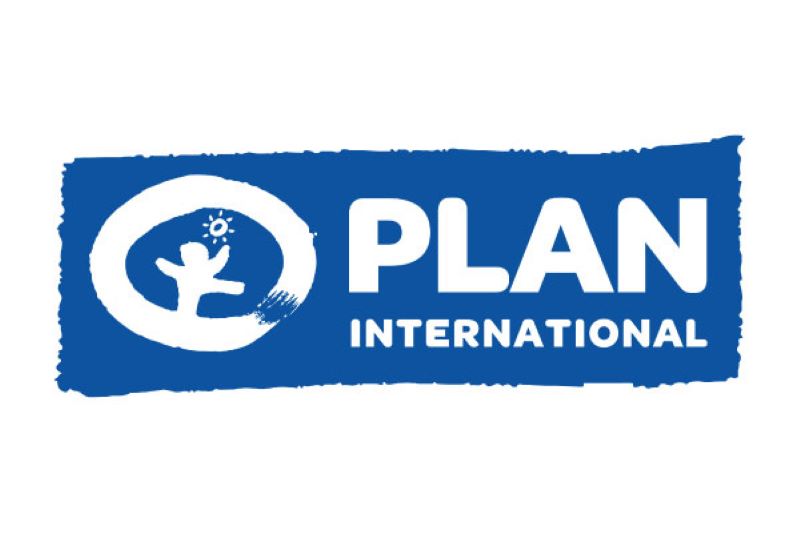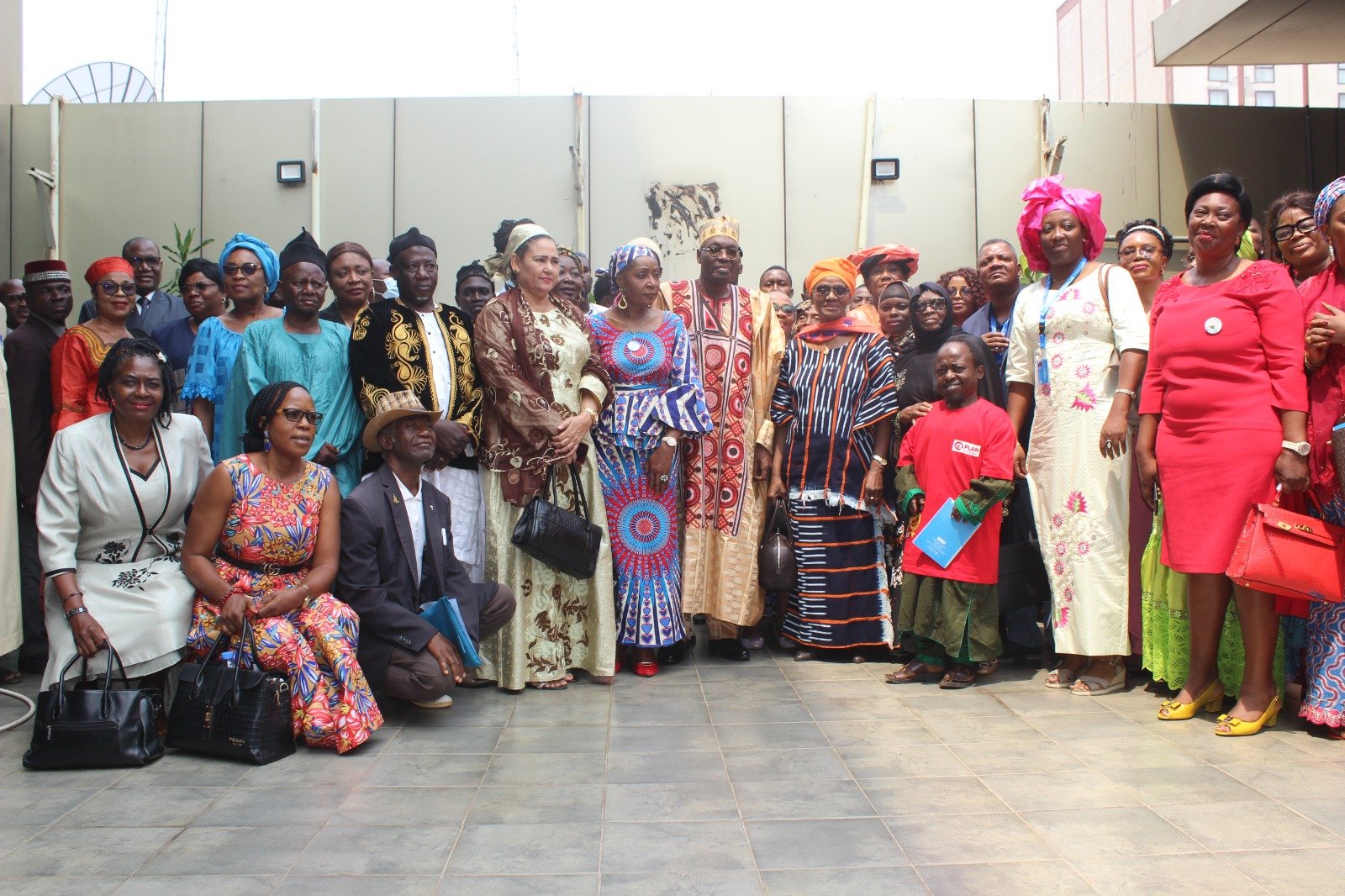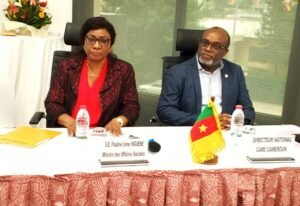This was officially disclosed on February 6, 2023, in Yaounde, Cameroon during commemorative activities marking the 16th edition of the international day of zero Tolerance for Female Genital Mutilation.

To mark the 16th edition of the international day of Zero tolerance for female genital mutilation, the ministry of women’s empowerment and the family in collaboration with Plan International, other institutions and organizations have convened key actors in Yaounde, Cameroon’s nation capital.
The day observed every 6th of February was placed this year under the theme: “Ending Female Genital Mutilation through a partnership with men and boys to transform social and gender norms.”
During the ceremony, several guest speakers were given the floor to make their presentations on some topics linked to Female genital mutilation, FGM. How do social norms affect the fight against FGM in some regions of the country? What are the repercussions on the sexual and reproductive health system of a girl and a woman? what are the sanctions and provisions in the penal code?

Promoting Positive Masculinity
As underscored in this year’s theme, there is a need for greater involvement of men and boys in eliminating female genital mutilation through positive masculinity and strengthening actions to engage them in achieving zero tolerance for FGM.
The call on positive masculinity was echoed all along in different addresses made by the officials.
Country Director of Plan International Cameroon, Mr. Bien-Aimé Johnson in his introductory statement saluted the various efforts of actors engaged in the fight against this ill practice and called for collective action to eradicate FGM which diminishes the dignity of a girl, a woman. He said the fight against FGM should go beyond theories and words.

“In 2017, the Plan of Action to combat the practice of Female Genital Mutilation had been revised. In 2022, its evaluation permitted to reveal the strengths and weaknesses that should be taken into account in the present framework. Plan International, aware of these policies, has popularized them and used them to inform on its priorities and programs while striving to make them operational at the national and community levels. Therefore, we noticed in some regions where female genital mutilations are accentuated that, young girls between the ages of 9 and 15 are at greater risk with major consequences of complications of these practices.” He said.
Concerning current initiatives to tackle this ill practice, Plan International’s Country Director said: “We are also committed to carrying out work of participatory influence alongside young boys and men at the legislative level. At the next session of the Youth Parliament, one of whose components focuses on health. Plan International and its partners will work to empower a few young parliamentarians so that questions concerning sexual health, menstrual hygiene, and related rights are part of an axis of their roadmap. Of course, we also have viewed from the side of those that are at the heart of the practice. Excisors will continue to have these educational talks, activities that raise grassroots awareness.”
He added: “The young people, the boys, and men who are partners in our fight must also be able to learn, decide, lead and thrive in all areas of their lives including their survival and development…”

While officially chairing this 16th edition of the international day of zero tolerance for FGM, Minister of women’s empowerment and the family, Pr. Marie-Therese Abena Ondoa said the fight against FGM emanates from concerted actions that were adopted by the international community on the 22nd of December 2012.
Minister Abena Ondoa outlined that eliminating FGM is therefore a resolution taken unanimously by African states and supported by Cameroon, which is why the government braces the challenge to combat the practice at all costs.

According to women’s empowerment and the family Minister, the fight against FGM should not only be limited today at the level of community actors like traditional authorities but should be enlarged with the active participation of all men and boys who will act as champions.
“The theme of this 16th edition highlights the role of men and boys in the fight against female genital mutilation. They are implicated in this combat through positive masculinity…” She spoke.
Pr. Abena Ondoa in her key address equally underscored fundamentals on human rights stated in the 1948 Universal Declaration on Human Rights which condemns torture, cruel, inhumane, or degrading treatment of a human being.
In her closing statement, the Minister said statistics from the upcoming multiple indicator cluster survey in Cameroon will greatly help to evaluate the fight nationwide, and she called for a change in mentalities.
Repressive actions
In Cameroon, the 2016 penal code in its article 277 focuses mainly on sanctions related to genital mutilation.
It is stated that: (1) Whoever mutilates the genital organ of a person, by any means whatsoever, shall be punished with the penalties provided for in Section 277; (2) The penalty shall be imprisonment for life where: a) the offender habitually carries out such practice or does so for commercial purposes; b) it leads to the death of the victim. (3) The Court may also impose the forfeitures provided for in Sections 19 and 30 of this Code. (4) The provisions of Sub-sections 1 and 2 above shall not apply where the acts were performed by a qualified person and to save a life.
About Plan International
Plan International is an international humanitarian child-centered community development organization with no religious, political, or governmental affiliations. Plan International works for a just world that advances children’s rights and equality for girls.

Elise Kenimbeni





